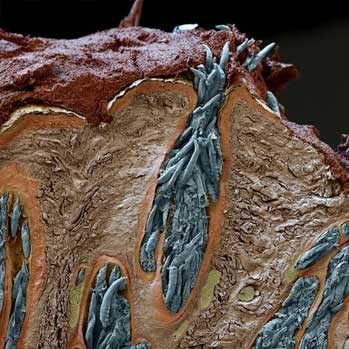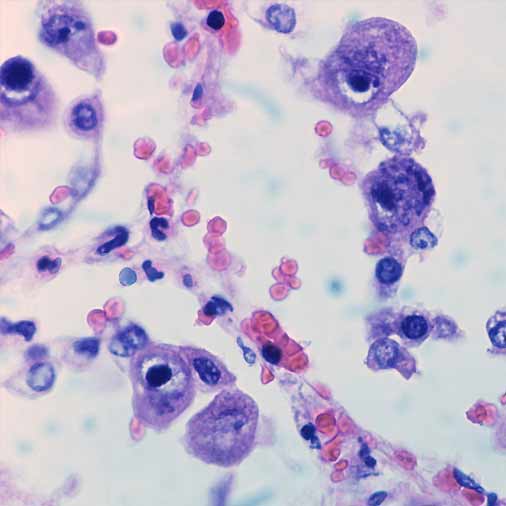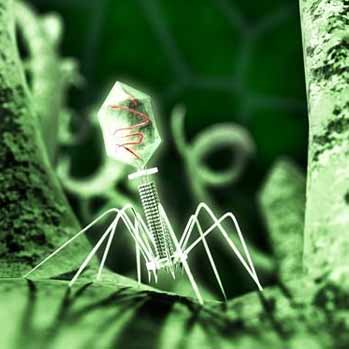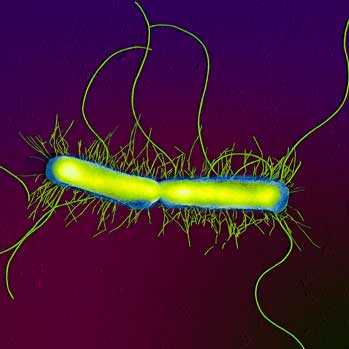Three species—P. vulgaris, P. mirabilis, and P. penneri—are opportunistic human pathogens. This set includes frequencies for P. vulgaris only. Proteus includes pathogens responsible for many human urinary tract infections. Proteus mirabilis causes wound and urinary tract infections. Most strains of Proteus mirabilis are sensitive to ampicillin and cephalosporins. Proteus vulgaris is not sensitive to these antibiotics. However, this organism is isolated less often in the laboratory and usually only targets immunosuppressed individuals. Proteus vulgaris occurs naturally in the intestines of humans and a wide variety of animals; also manure, soil and polluted waters. Proteus mirabilis, once attached to urinary tract, infects the kidney more commonly than E. coli. Proteus mirabilis are often found as free-living organisms in soil and water.
Related services

Rosacea Demodex – Version 6.0
Some rosacea is associated with a Demodex infection, a common mite. It affects bodily functions even when there are no observable symptoms.

Cytomegalovirus – Version 3.5
Cytomegalovirus is a persistent virus widespread in the population that causes increasing problems with aging through its degradation of the immune system.

Gluten – Version 1.0
All people have some degradation of function from gluten so use of this frequency may give you more energy.

Canola Oil – Version 1.0
Canola oil may be toxic to your system even if organic and non-GMO.

crAssphage (Stealth Fat Virus) – Version 1.1
Researchers at San Diego State University have discovered a gut virus that exists in more than half of the world’s population, and plays a key role in the onset of conditions including obesity and diabetes.
